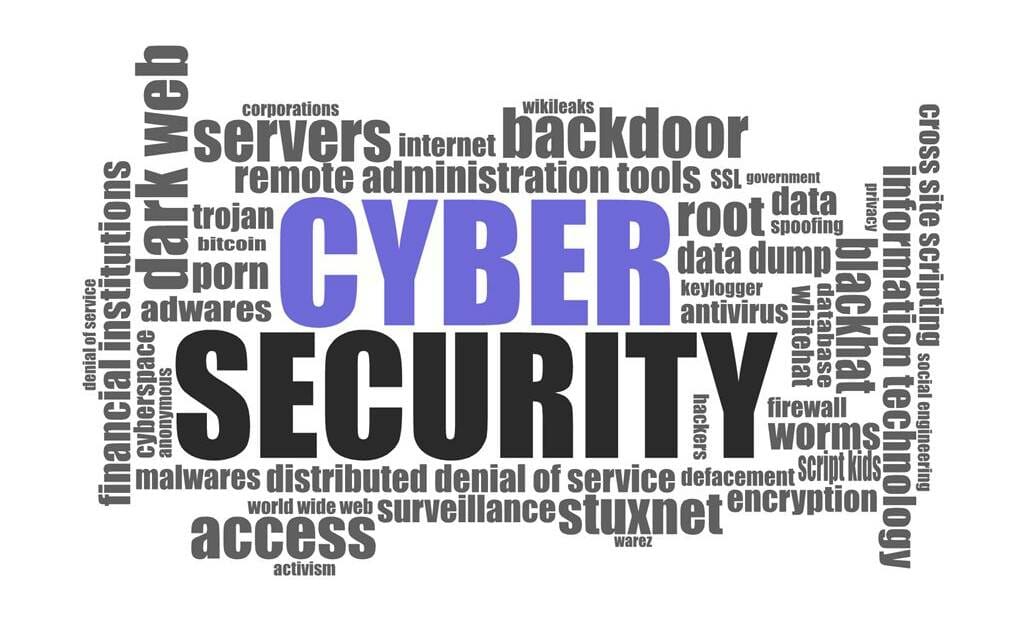
How to Stay Safe Online in 2025: Cybersecurity Tips for College Students

The digital world is becoming vast and interconnected, making cybersecurity an essential topic for college students. As cybercriminals’ tactics and strategies develop, students must learn to ward off these dangers. Let’s explore how to stay safe online as college learners in 2025.
Understanding the Threat Landscape
Educating yourself about the dangers in front of you is your first step toward online security. Threats to your computer can range from phishing attempts to enlist your credentials to malicious programs that can destroy your systems. Proactive begins with education – make sure you can spot bogus emails and links that could pretend to be from your university or bank. Be on guard against downloading apps or opening attachments from third-party links, as these are harbingers of malware or ransomware.
Securing Your Devices and Accounts
Good cybersecurity also means protecting all your devices and websites and setting unique, strong passwords for each account to avoid theft. Two-factor authentication puts an additional layer of security behind your password and requires another authentication method to log in to your accounts. Furthermore, keep your operating system and applications up to date, as updates can contain fixes for new security holes recently identified.
Being Wise on Social Media
Social media can also be very privacy-threatened and requires that you are careful with your data. For the best way to protect your data on these platforms, here are some tips:
- Update Privacy Settings: Update privacy settings regularly to restrict who can see your posts and information.
- Be Selective About What You Share: Select carefully what you put out on the Internet, and don’t put information such as your full birthdate, your house address, or plans to travel far.
- Limit Audience Access: Make your posts appear only to friends or groups, not the general public.
- Review Tagging Permissions: Limit who tags you in posts and photos to prevent being found out.
- Monitor Account Activity: Monitor your social media for strange activity indicating a breach.
These precautions help you to guard your identity and take greater control over your information on social media.
Using Secure Networks
The other key element is your internet connection security. Using open, unprotected Wi-Fi networks, you cannot perform confidential operations, such as banking or shopping. VPN: A VPN can secure your connection and make public or public networks safer.
The trick to internet safety in 2025 is not merely knowing how to avoid phishing emails or create solid passwords but also effectively managing your time and digital workload. As college students balance many assignments, they may wonder, “Can Academized write my dissertation projects?” Professional writers will help learners keep their grades on track and alleviate the pressure that leads to risky online behavior.
Staying Educated and Informed
Lastly, always stay up to date with cybersecurity trends and threats. Universities provide cybersecurity workshops and resources to equip them with the latest trends and techniques. You should also follow reputable security blogs and news websites as they can keep you updated with the latest exploits and offer practical, real-world security solutions.
Your Digital Safeguard
If you’re willing to adopt these cybersecurity habits, your college life will be as worry-free as possible. This digital reality is not a question of casual awareness but of active protection and dedication to online safety. By being educated, alert, and armed with the right tools, you’ll be able to keep up with the shifting landscape of the cyber threat. Get on board today, incorporate cybersecurity into your everyday life, and make your digital life productive and safe.



























